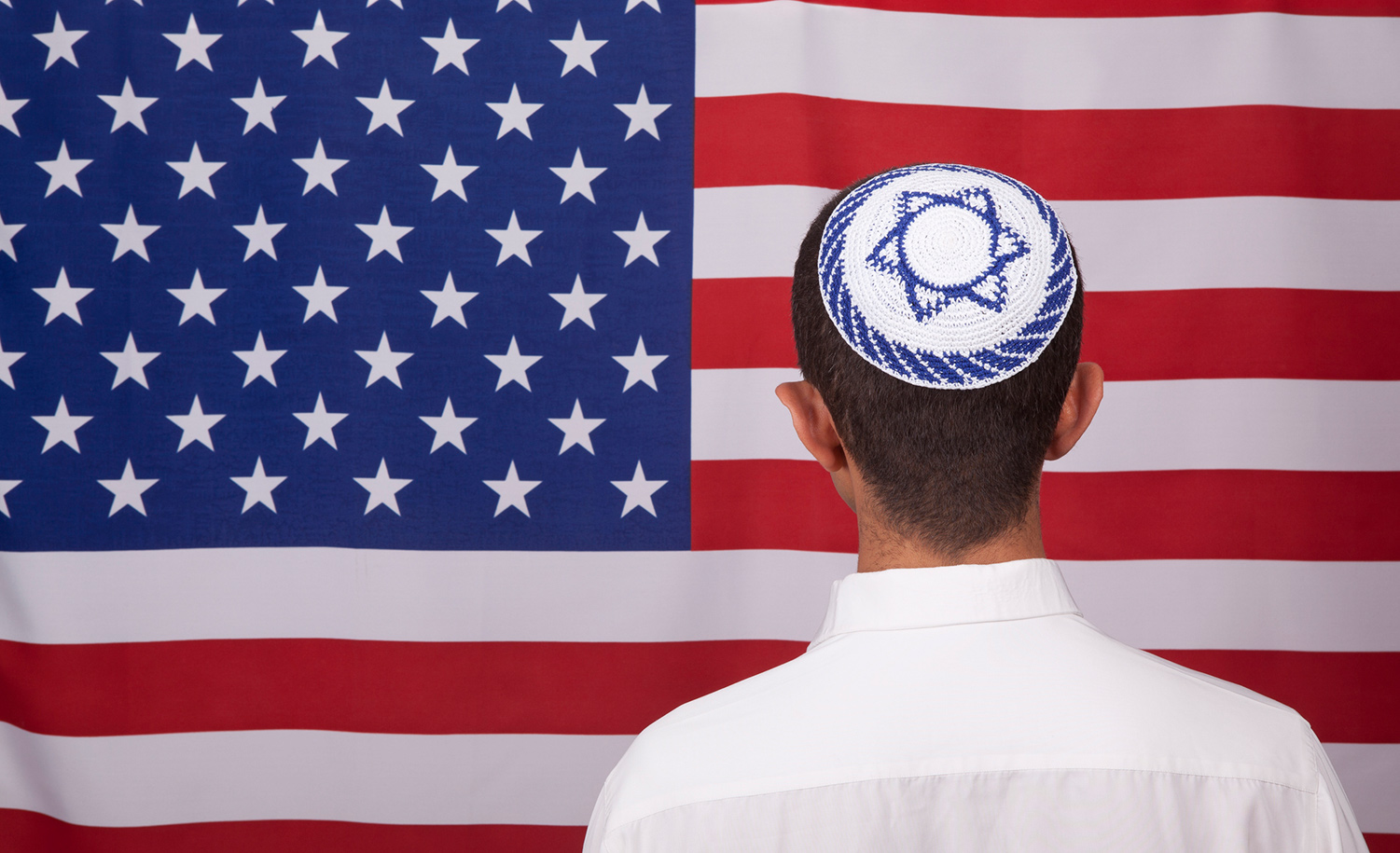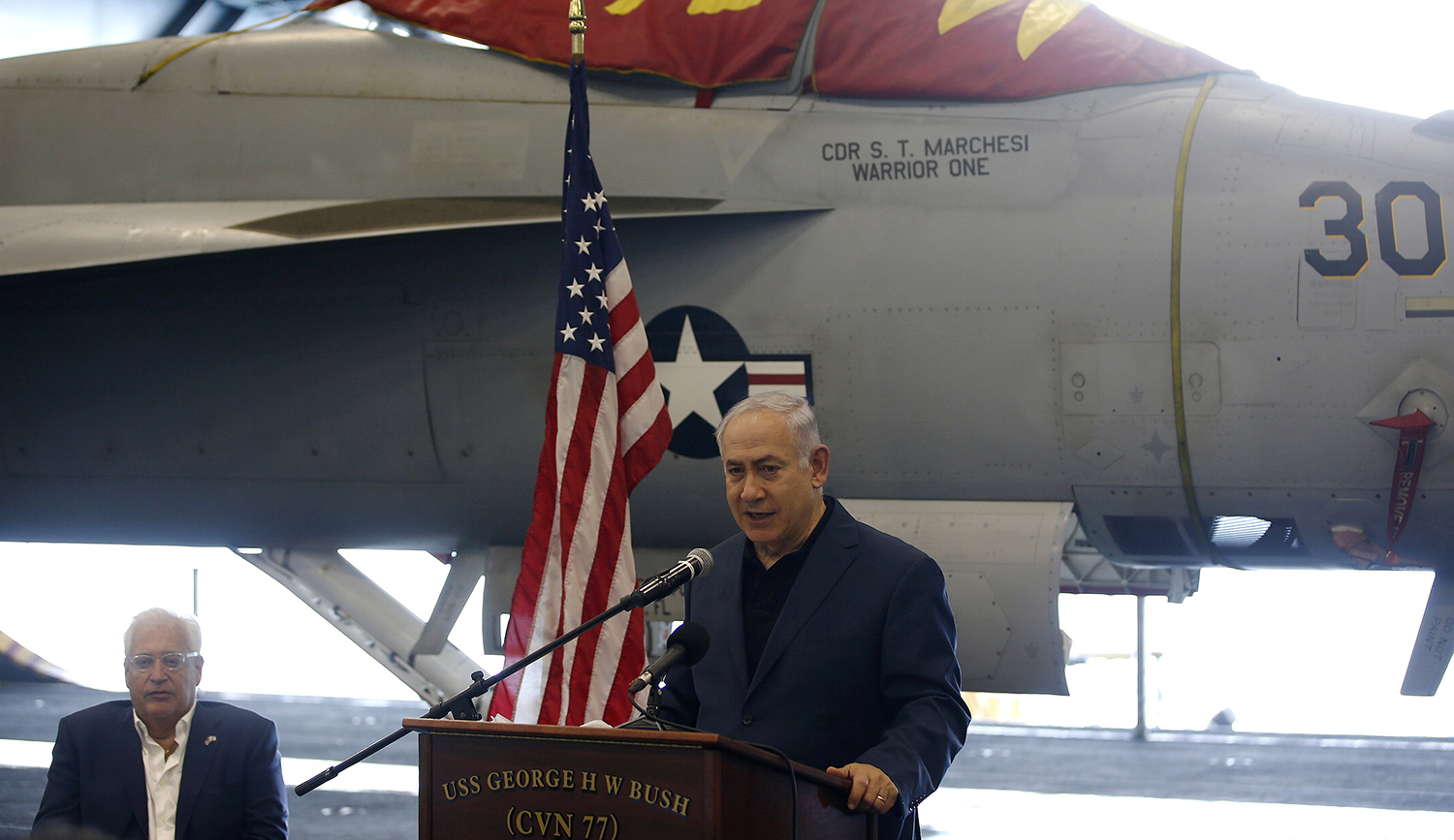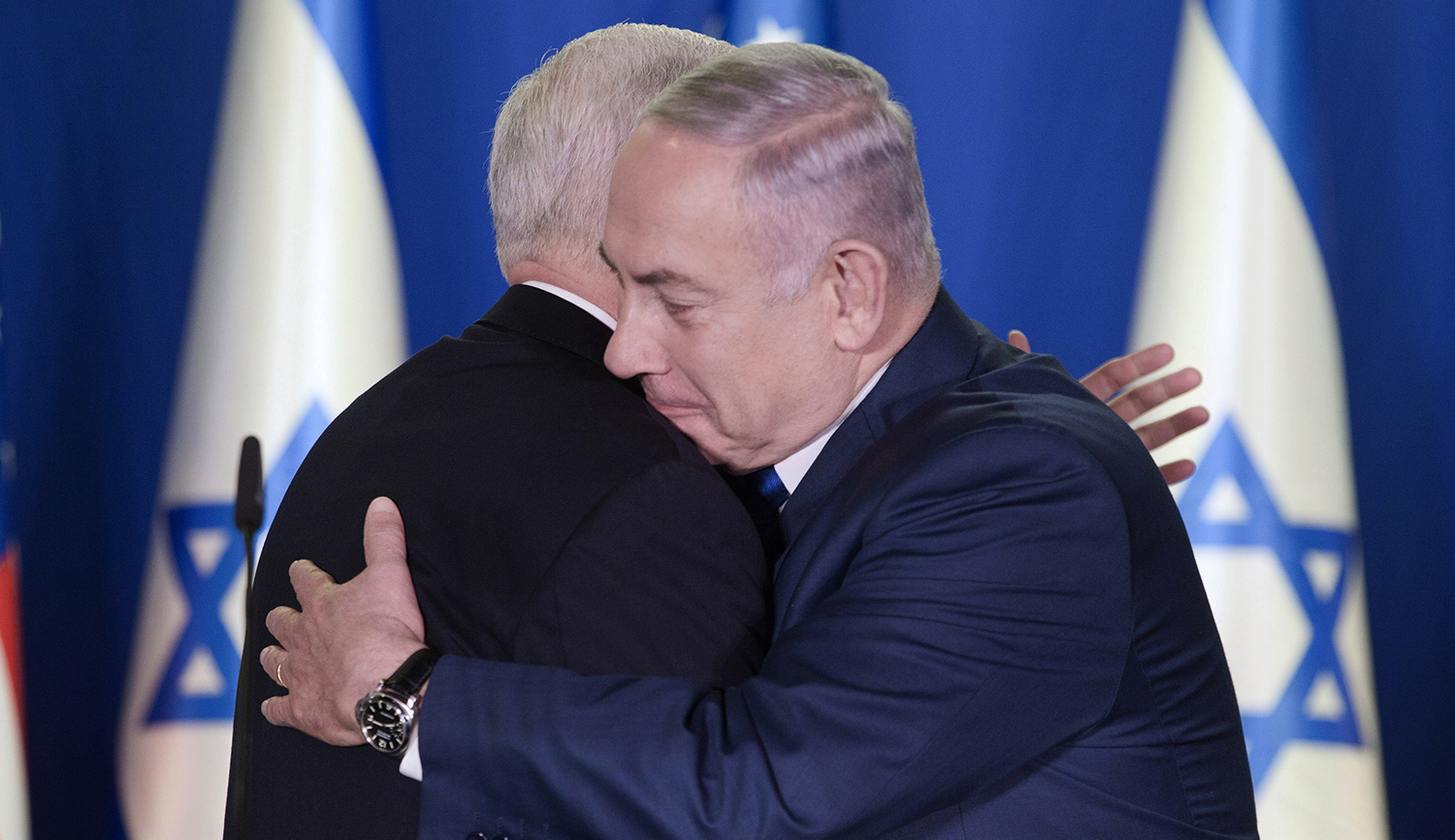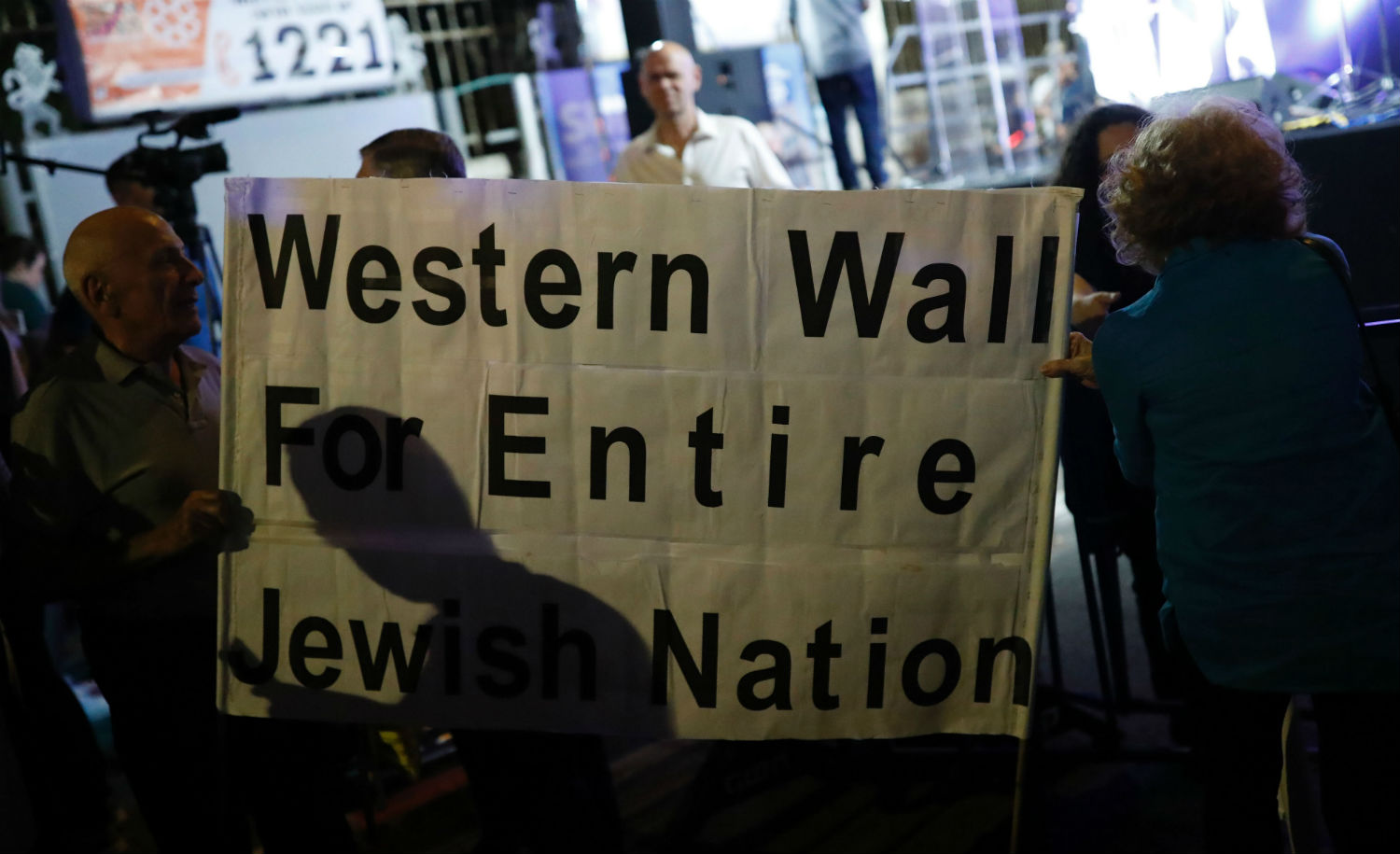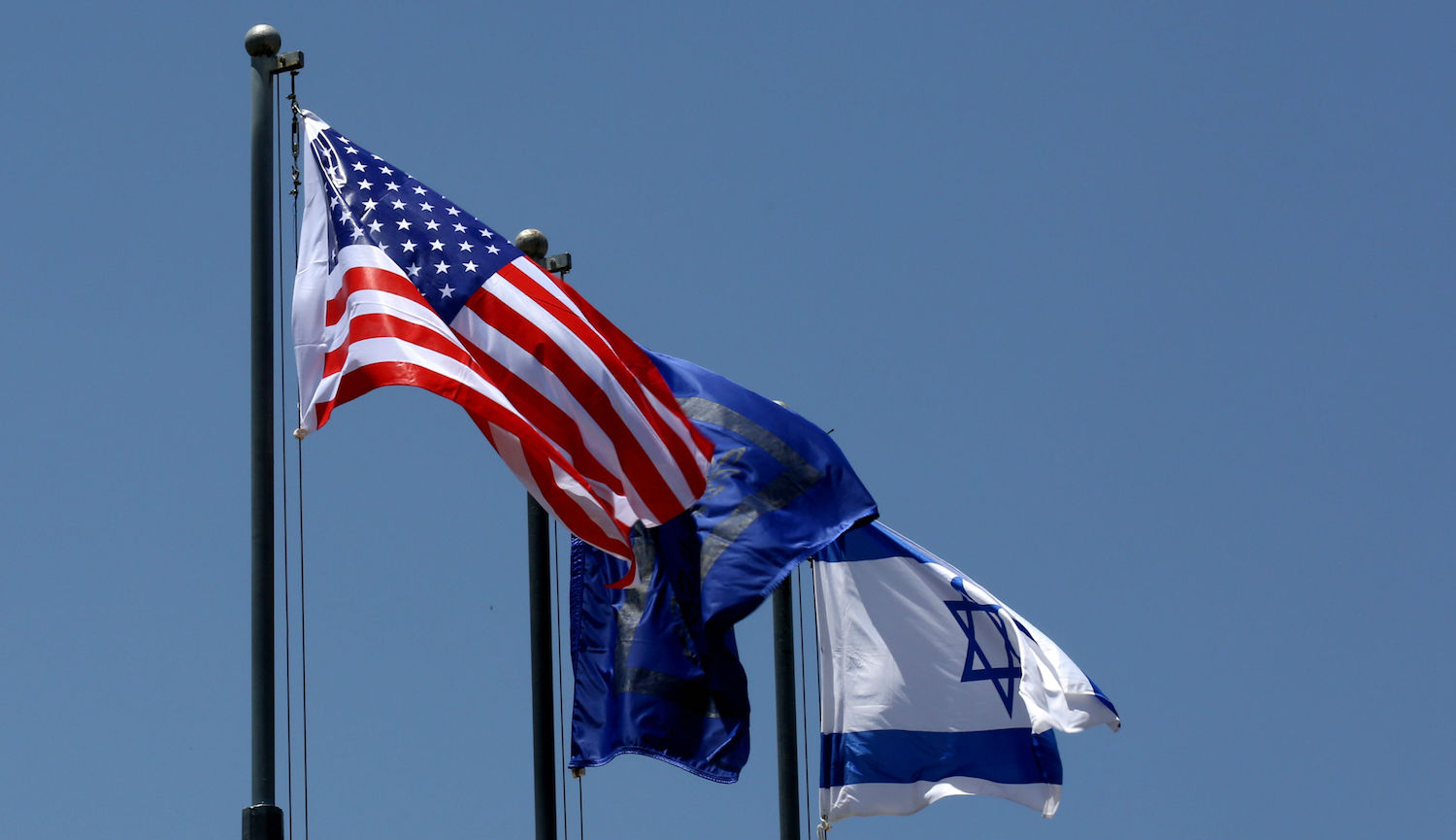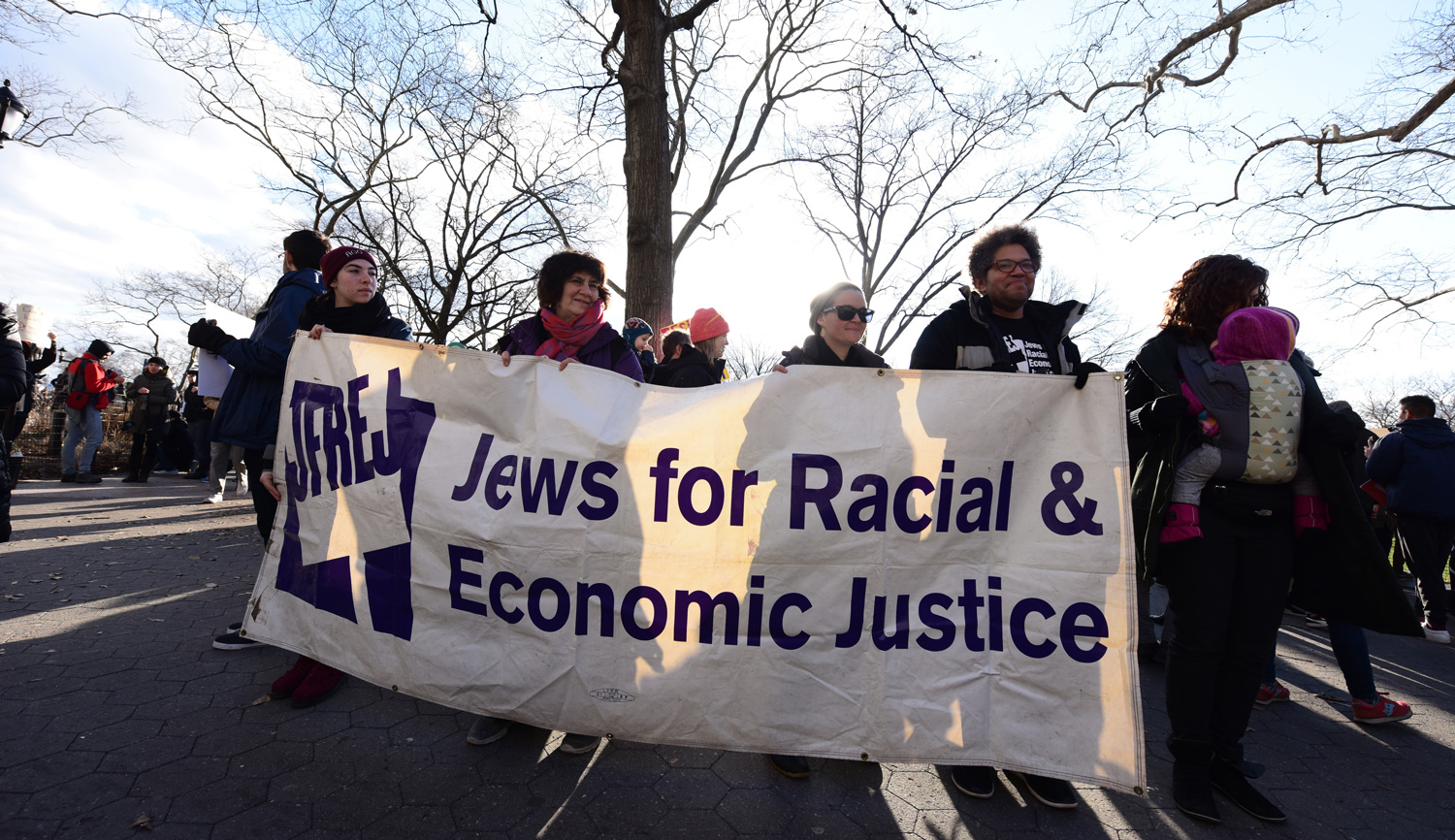American-Israeli Affairs
In some ways, the two countries have never been closer, but in others, and notably with regard to China, they’ve never seemed farther apart.
The scholar and commentator drops by the studio to illuminate what the divide is about, what it’s not about, and what it all means.
These days, many say no—but a functioning Jewish People’s Council would prove them wrong. And that’s reason enough to support it.
Long-festering strains between the world’s two largest communities jeopardize the prospects of a shared Jewish future. Here’s a way forward.
It could secure the Zionist project by helping to sell Israelis on a peace deal with the Palestinians, and it could help to cement Israel’s long-term relationship with America.
Israel’s independence has indeed eroded, and it must work to regain its freedom of maneuver. A defense treaty is the last thing it should want.
Is a defense treaty a good idea, and would it increase or decrease popular American support for the Jewish state?
By leveraging its remarkable achievements in the fields most relevant to future conflicts, Israel can transition from dependence on the U.S. to partnership.
Cracks are increasingly discernible in the famous “special relationship.” Can they be repaired? If not, could Israel’s national security survive the loss of American military aid?
Israeli products made in the West Bank are Israeli products.
Daniel Gordis and Elliott Abrams debate the proper response to the Israeli government’s recent decisions on prayer at the Western Wall and conversion to Judaism.
From some of its founding ideas to some of its most thoughtful and essential institutions, American Jews have given the Jewish state much to be proud of.
After the fall of the Soviet Union, progressives began to picture the U.S.-Israel relationship as the embodiment not of enduring American values but of bad old “hegemonic” habits.
American Jews, following American liberalism, have abandoned belief in the nation-state, non-voluntary communities, and religion in the public square.

